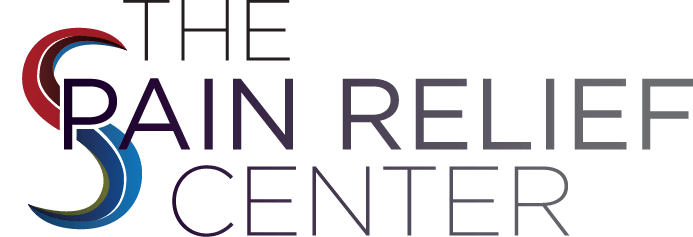CHRONIC PAIN TREATMENT IN PLANO, TEXAS
Home » Conditions » Chronic Pain
CENTERS & INSTITUTES
How does a patient deal with chronic pain?
It is unfortunate that many individuals are forced to deal with chronic pain on a daily basis. For years, many believed that the only way to treat the pain was through the use of strong opiates that carry with them a wide range of potential negative side effects.
However, as science in the area of pain management has continued to evolve over the years, so have treatment options for individuals diagnosed with chronic pain. Listed below are some of the options that are now available to those experiencing chronic pain.
It is important to note that any treatment, opiate based or not should be performed under the strict and supervised care of a physician.
Chronic Pain Treatment
Medication
In addition to standard opiate medications there are several additional alternative medicines available to help treat and reduce chronic pain. These medicines range from options such as over the counter medicines such as Tylenol and Ibuprofen all the way to anti-inflammatory steroids that may be injected by a physician.
Physical Therapy
Various types of physical therapy can be used to help condition muscles and problematic parts of the body that may be sources of pain. Physical therapy can range from supervised therapy in a clinical setting all the way to massages.
Psychological Therapy
It is a well known fact that psychological stress can play a large role in the way an individual experiences and deals with pain. A physician may prescribe psychological therapy as a way to help individuals cope with anxiety and stress, which in many instances may be an underlying factor leading to chronic pain.
How Does A Doctor Diagnose A Bulging Disc?
Your team at the Pain Relief Center can diagnose your spinal disc injury due to symptoms and the history of the injury.
We can also perform clinical tests to confirm a spinal disc injury, and rule out other kinds of nerve compression. For the most part, MRIs and CT scans are the most effective when diagnosing a spinal disc injury.
Surgery for Chronic Pain
Many times a doctor will perform diagnostic tests such as an MRI or a CAT Scan in an attempt to discover the underlying cause of chronic pain. If the cause can be discovered there are often surgery options available that may help minimize or even alleviate pain.
Nerve Blocks
Many times it is difficult to provide patients with permanent pain relief, especially if the underlying cause is unknown. If a physician decides not to pursue opiate based medications to manage pain, another alternative is a nerve block. Therapeutic nerve blocks usually involve the injection of a local anesthetic or steroid into the site of pain. These injections help block the signalling of pain, but are typically temporary solutions that require additional injections at a later date.
Neurostimulators
Neurostimulators are devices that send mild electrical impulses to the spine. The effect is the masking of pain signals received by the brain.
Neuroablation
This procedure involves the destruction of nerves responsible for the signalling of pain to the brain. Typically the procedures are done through the application of heat to the nerve sites.
Chronic Pain Specialist in Plano, Texas
If you’re suffering from chronic pain and want a chronic pain specialist who can offer a host of different treatments for your condition, contact the Pain Relief Center in Plano, Texas at 214-709-1904 or fill out the contact form.
More Conditions
- Achilles Tendinitis
- Allergies
- Arthritis
- Back Pain & Low Back Pain
- Bulging Disc
- Car Accident Injuries
- Carpal Tunnel Syndrome
- Cervicogenic Headache
- Chronic Pain
- Cluster Headache
- Degenerative Disc Disease
- Fibromyalgia
- Foot Pain
- Interstitial Cystitis
- Joint Pain
- Knee Pain
- Low Estrogen
- Neck Pain
- Occipital Neuralgia
- Osteoarthritis
- Osteoporosis
- Piriformis Syndrome
- Plantar Fasciitis
- Reflex Sympathetic Dystrophy (RSD)
- Rheumatoid Arthritis
- Rotator Cuff Tear
- Sacroiliitis Pain
- Sciatica
- Scoliosis
- Shingles
- Shoulder Pain
- Spinal Pain
- Spinal Stenosis
- Tension Headache
- Thoracic Pain
- TMJ
- Trigeminal Neuralgia
TAKE ACTION
The most critical step on the path to recovery is finding a pain management doctor who can address your pain management needs successfully. The Pain Relief Center and its five specialized institutes are dedicated to meeting any and all of a patient’s needs. Located in the Dallas-Fort Worth area, Dr. Rodriguez and his friendly staff will help you along the path to recovery.
Our new center in Dallas is part of a nationwide development by Pain Relief Centers, geared to providing individualized and comprehensive healing and pain management services with unprecedented levels of compassion, care, and comfort for each patient.

